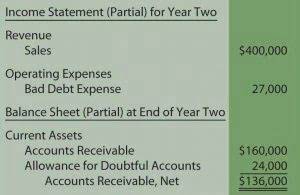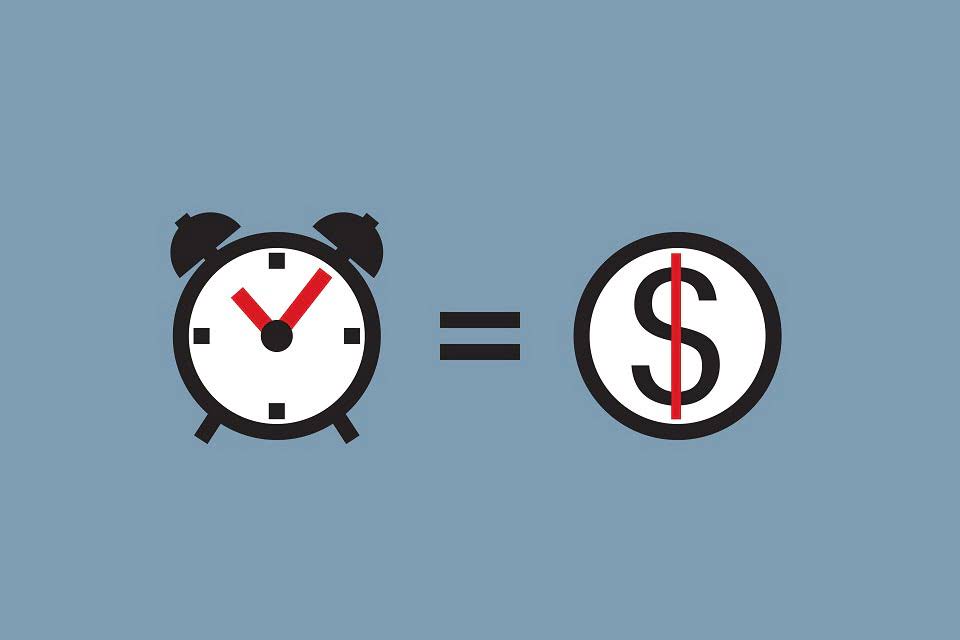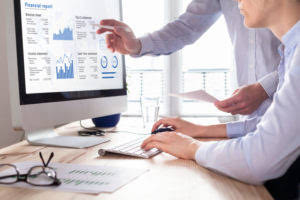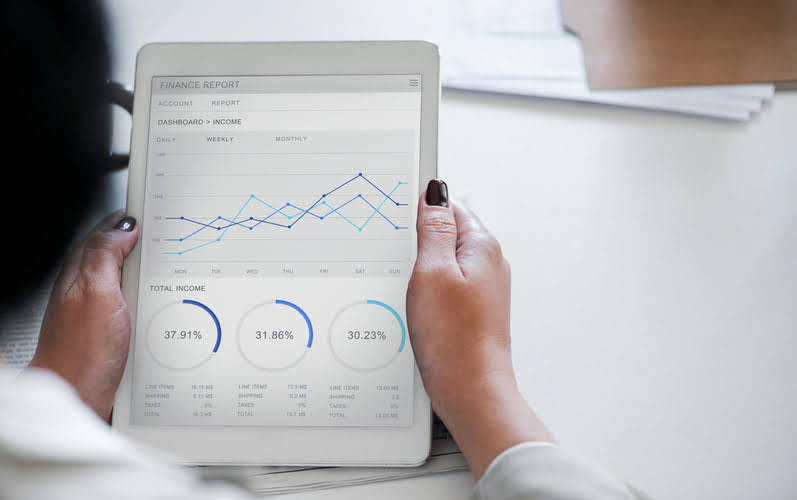
Your current balance is the total amount in your account at the start of the business day. This includes all transactions, like deposits and withdrawals, that have been how to balance an account posted to your account. On the other hand, your available balance is your current balance minus any holds (like pending transactions).
Spreadsheet or ledger
We do not include the universe of companies or financial offers that may be available to you. Now that you have balanced your checking account, you’ll need to keep it balanced. The key to staying balanced is creating a system you can follow easily and consistently.
More in Financial
- Emily Guy Birken is a former educator, lifelong money nerd, and a Plutus Award-winning freelance writer who specializes in the scientific research behind irrational money behaviors.
- To protect against losing track of your balance and getting hit with an overdraft fee, you need to balance your checkbook — sometimes called a check register.
- One of the reasons why balancing your checkbook has become passé is because most people no longer carry a checkbook, or even paper and pencil.
- Fortunately, there are ways around all this checkbook balancing using various apps and software that link directly to your bank account and help you track your balance.
- Understanding account balances is crucial for maintaining financial health, making informed decisions about spending, saving, and investing, and tracking progress towards financial goals.
- Aim to balance your account at least once a month, or more frequently if you have a lot of transactions.
It can help you to find any mistakes on your part or that of the bank. Balancing your checkbook is one of those crucial life skills that you need to know. It will give you a clear sense of not only how much money is in your bank account, but where your money goes. It can also help prevent you from bouncing checks, stick to your budget, help you avoid fees, and detect errors from your bank or even fraudulent billing. And if you aren’t tracking all your spending and income right now, you’re putting yourself at risk of getting hit with dangerous overdraft fees. Then, subtract outstanding items such as withdrawals and payments that haven’t yet shown up as transactions but which you know will hit your account soon.
On a mobile banking app
Maybe you missed a cleared transaction on your statement or thought you saw one clear your statement that actually hadn’t. For more https://www.instagram.com/bookstime_inc detail, review our guide to writing a check and entering transactions into the check register. Here’s a step-by-step guide, using the traditional checkbook register method. You may not need to balance your checkbook manually once a month anymore, but knowing how you spend your money is as important as ever. Hold on to important transaction receipts until you’ve balanced your checkbook for that month.


You need to know what your money is doing and make sure you compare your (or the aggregator’s) records with the bank’s records. If you’re using a paper checkbook, balancing your account involves a few straightforward steps. The offers that appear on this site are from companies that compensate us. But this compensation does not influence the information we publish, or the reviews that you see on this site.
- Your current balance is the total amount in your account at the start of the business day.
- Despite this convenience, the balance you see on your bank’s app may not be accurate.
- Because keeping an up-to-date balance is one of the ways you can stop your money from getting away from you.
- Double-checking transactions or calling the bank could help you find an overlooked credit or debit.
- It will give you a clear sense of not only how much money is in your bank account, but where your money goes.
- Look for an entry in your account called “ending balance,” “previous ending balance,” or “beginning balance.” Enter this figure on your form or spreadsheet.

If the debits are greater than the credits the balance will be a debit balance. If the credits are greater than the debits the balance will be a credit balance. Whether you choose to work with a financial advisor and develop a financial strategy or invest online, J.P.
- By using these methods to check your bank account balance, you can stay on top of your finances and ensure the safety of your personal information.
- Before submitting an application, always verify all terms and conditions with the offering institution.
- To manage your checkbook, you must enter all your transactions into the check register so you can come back to them later for review.
- This process includes tracking deposits, withdrawals, and any fees to ensure that your account balance is accurate.
- You’re looking to match up the “cleared” charges that are on your bank statement (meaning charges that hit your account and have been paid) with charges that you’ve listed in your register.
- This will mean you can access it from your phone, allowing you to make note of your transactions while you’re out and about.
These amenities make it very easy to check your banking information each day. Not balancing your checking account regularly can make it easy to forget all of the places your money is going. Reviewing your transactions helps to keep you aware of the things that are impacting your finances and to make changes as you see fit. Reconciling your checking account means cross-checking all of the transactions in your own records with those of the bank to ensure they match.

First, balancing your checkbook helps you know exactly how much money you have remaining, including any pending or outstanding checks that haven’t been cashed or deposited yet. Consider setting up reminders in your calendar or using apps to alert you when it’s time to review and balance your account. By making this a regular practice, you’ll be better equipped to manage your money, avoid fees, and maintain financial peace of mind.
You need an ongoing record of deposits, withdrawals, checks written and any fees or interest earned. You’ll use this record to continue the https://www.bookstime.com/ process of balancing your checkbook. People think balancing their checking account is no longer necessary in the digital age. However, balancing a checking account is important because it helps you stay on top of your finances and could avoid costly mistakes.

